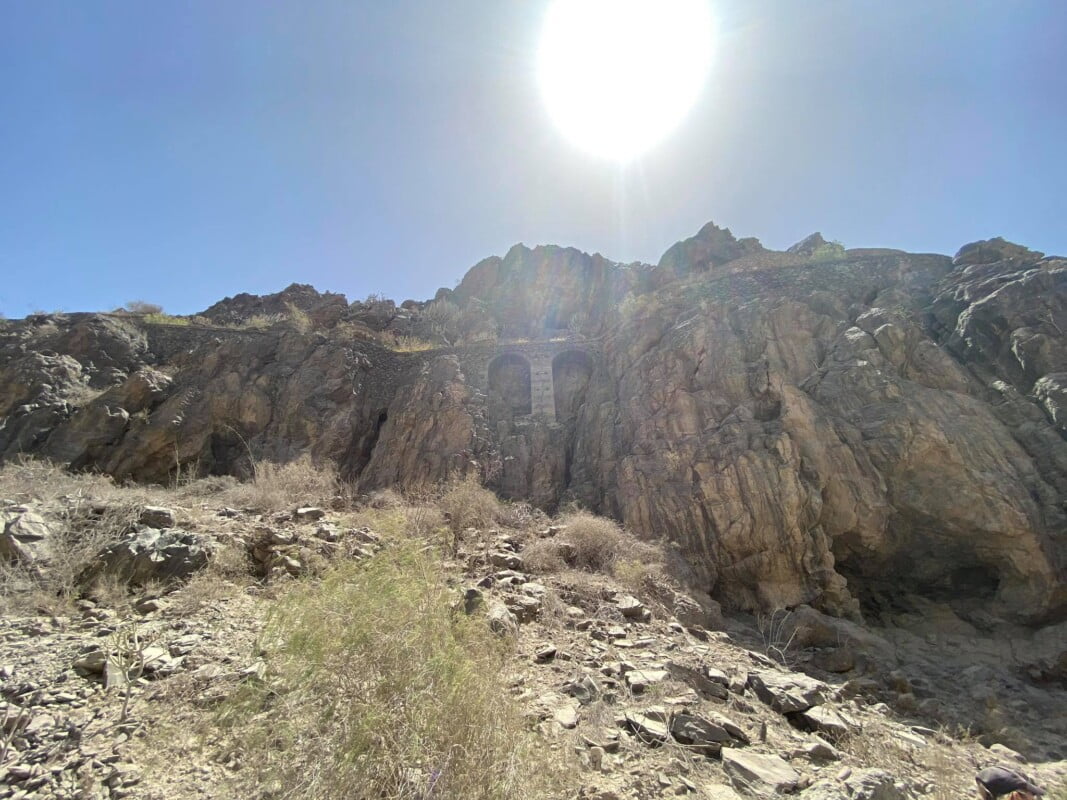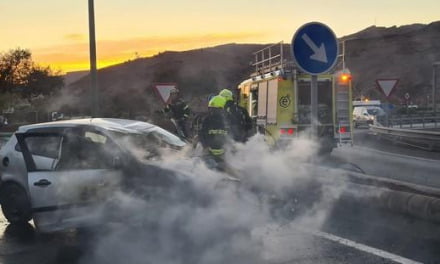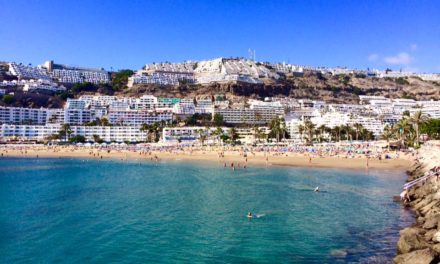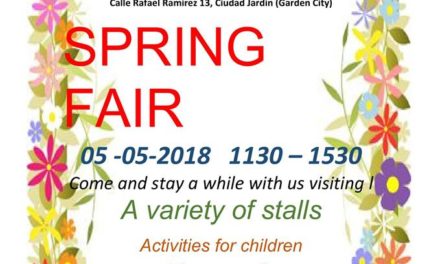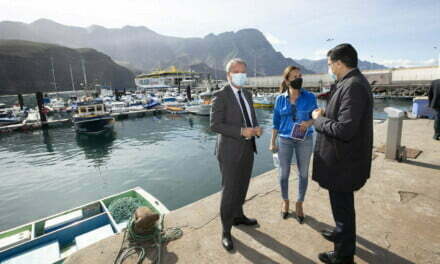 There can be no doubt, a second wave of coronavirus infections in the Canary Islands Archipelago is upon us. The increase in positives in the capital Las Palmas throughout the month of August has meant Gran Canaria for the first time has now accumulated more cases than any other island since the beginning of the health crisis. On Sunday 2136 active cases of coronavirus have been confirmed, more than half of them on Gran Canaria.
There can be no doubt, a second wave of coronavirus infections in the Canary Islands Archipelago is upon us. The increase in positives in the capital Las Palmas throughout the month of August has meant Gran Canaria for the first time has now accumulated more cases than any other island since the beginning of the health crisis. On Sunday 2136 active cases of coronavirus have been confirmed, more than half of them on Gran Canaria.
In general those with a simple bar licence are being told to close, particularly at night, while those with a BC Bar Cafetería licence can still open until 1am. In the municipality of San Bartolomé de Tirajana, which includes Maspalomas and Playa del Inglés, there has been uproar as police have closed all night time businesses, even those with a BC classification, if they do not have a working kitchen serving food. Meanwhile in Mogán, which covers Arguineguín and Puerto Rico de Gran Canaria, the BC licence has been sufficient to stay open to the public. All in all, these are difficult times, and we are really going to need to get used to having to deal with and adapt to new rules being issued frequently as the authorities try to slow our rates of infection and stop our hospitals from needlessly filling up. It is hard, really is, but perhaps the best advice is to try to focus ourselves on helping each other, and being prepared to try and weather this storm. Coronavirus is real, it is not some government conspiracy to take away your freedoms. We are not going to solve any of these problems by trying to point fingers, or pretending that 2136 active cases is a low number or our individual version of what is happening around us is better informed than the advice coming from doctors and scientists working daily to try to help us all. Yes we must have a healthy questioning of politicians, and keep a record of the freedoms we are having to curtail, but at the same time we have to trust that we can work through all of this with time, but right now we need to try to keep our health care systems from being overloaded, or we will add all sorts of pain and misery to what is already a confusing and frightening situation. Have some compassion, try to work with the instructions you are being given, be kind to yourself and most importantly be kind to all those around you. We must stand together. This is not a political or ideological fight, not yet. This is a fight to try to move forward in the face of a highly contagious virus whose repercussions will be felt for generations to come. With 2136 active cases today, we can expect more confirmed this afternoon, and more tomorrow, and the next day. We need to calmly focus on bringing those numbers down, and returning to a place where we can try to continue with our lives, as much as possible, without totally destroying our economy and overwhelming our healthcare services. Whatever your opinions, it is only by working together that we will be able to get through a situation in which none of us have control.
 Since February and the now almost forgotten quarantined hotel full of tourists making world wide headlines, Tenerife had been the main focus of cases here on the islands, but August has been a turning point for Gran Canaria’s total infection statistics. Tenerife had dealt with 1,316 cases of coronavirus when August began and Gran Canaria just 693. In 23 days, Gran Canaria has tripled its count of accumulated cases to 2,188, compared to the now 2,022 treated on Tenerife.
Since February and the now almost forgotten quarantined hotel full of tourists making world wide headlines, Tenerife had been the main focus of cases here on the islands, but August has been a turning point for Gran Canaria’s total infection statistics. Tenerife had dealt with 1,316 cases of coronavirus when August began and Gran Canaria just 693. In 23 days, Gran Canaria has tripled its count of accumulated cases to 2,188, compared to the now 2,022 treated on Tenerife.
Throughout the region there have been a total of 4,853 cases confirmed by PCR, of which 2136 active cases are being treated and monitored. Of these, 1,434 are currently being treated on Gran Canaria; 426 on Tenerife; 206 on Lanzarote; 47 on Fuerteventura; 16 on La Palma; 5 on La Gomera and 2 on El Hierro. 57.5% of all active infections on these islands are in the capital, Las Palmas de Gran Canaria.
The numbers continue to climb, with the latest confirmation on Sunday for the preceding 24 hours, the Canary Islands have added 273 positives. That is the highest one day increase here on the islands since the very first case of coronavirus in Spain was detected on La Gomera at the end of January. Gran Canaria continues to be increasing faster than the other islands, with 145; Lanzarote follows with 61 and Tenerife with 47. On Fuerteventura 11 cases were confirmed, 5 on La Gomera, 2 on La Palma and another 2 on El Hierro, on which more than 100 days had passed free of Covid-19.
Primary care and referral hospitals are once again coming under pressure. 18 are now in the Intensive Care Units (ICU), 12 on Gran Canaria, 5 on Tenerife and 1 on Lanzarote and 99 others have been hospitalised, of which the 66% are in hospitals on Gran Canaria. The 2,019 remaining active cases are in home isolation under the supervision of primary care professionals.
2,550 people have overcome the coronavirus disease on the Islands of which 12 were discharged since Saturday. The total number of deaths in the Archipelago after becoming infected with SARS-CoV-2 is 167. The Ministry of Health has carried out 224,969 PCR tests, of which only 2.98% have yielded a positive result. Having ramped up testing to between 2000 & 2500 a day.
Most of the infections in Gran Canaria have been linked to nightlife, leading to the regional government joining with the rest of Spain to shutdown and to stop the spread of the virus. The Health Ministry says that the tracking teams are working to find all cases linked to confirmed cases, mainly, in family and social gatherings in which the recommended safety measures were not properly maintained, including the use of masks, safe physical distances and hand washing. Canary Islands Health Minister Blas Trujillo has further emphasised the risk of contagion produced by people interacting in both public and private settings.

